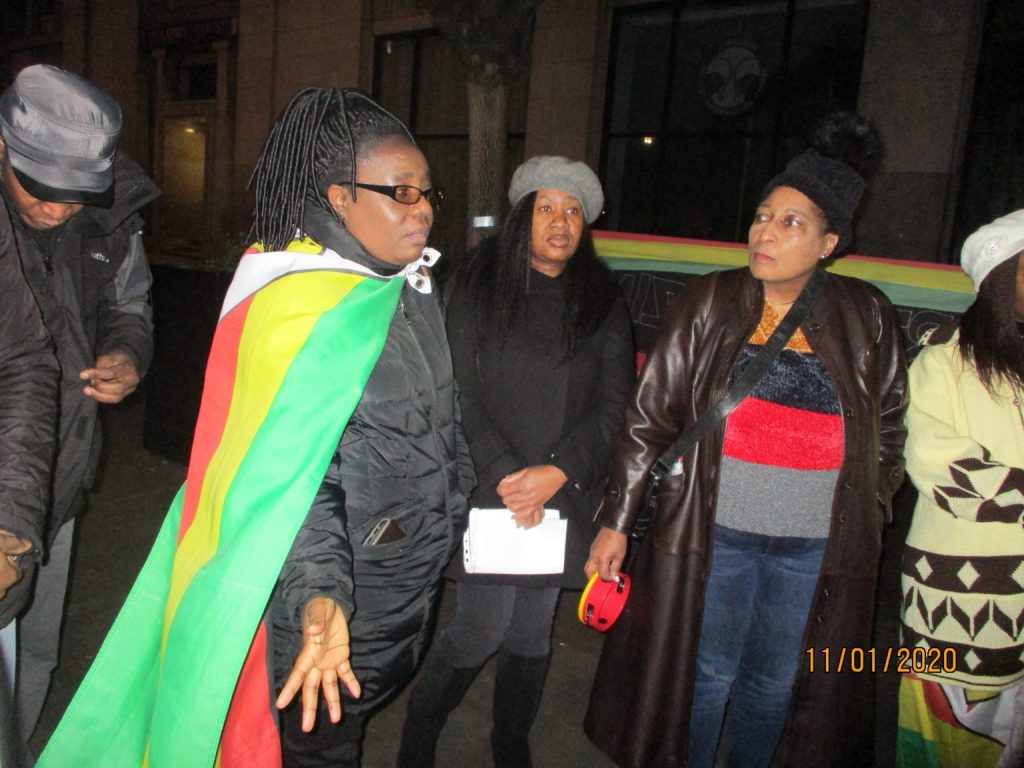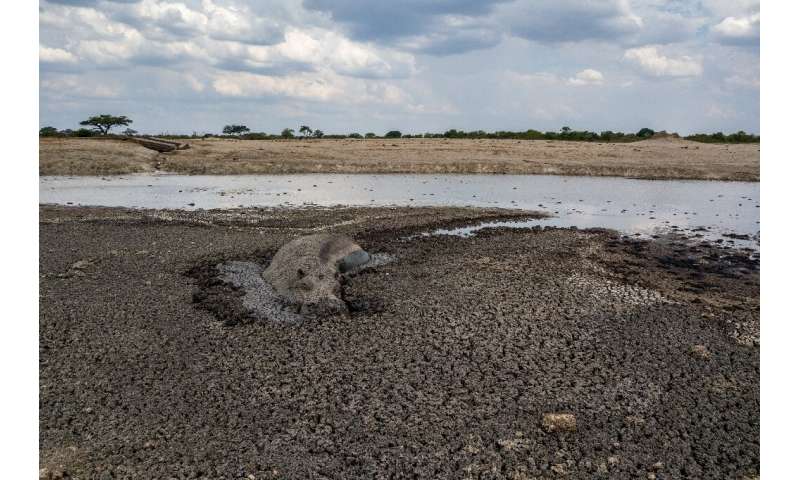
Wang Yi
Wang Yi is set to visit a Zimbabwe tobacco farm and meet with President Emmerson Mnangagwa, who will suspend his three-week annual leave to meet the Chinese leader.
China’s foreign minister often makes an African tour at the beginning of the year to emphasize the importance that Beijing places on the continent.
Like in much of Africa, China has a strong presence in Zimbabwe, with investments spanning from energy to agriculture, mining and trade in wildlife. With Zimbabwe’s economy in a downward spiral, some analysts say that Wang will, behind closed doors, urge Zimbabwean leaders to improve the country’s economic performance and to honour their debt repayments to China.
Zimbabwe’s longstanding ties with China increased in 2003 when it adopted a ‘Look East’ policy after western countries imposed sanctions.
Since then, China has become Zimbabwe’s biggest source of foreign direct investment and has ties to the Zimbabwe military, including the construction of a military university on the outskirts of the capital, Harare.
China has also increasingly broadened its ties to include the construction of a new parliament building estimated to cost more than $100 million. It also provides humanitarian assistance such as donations of rice and other food items as well as technical assistance during natural disasters.
China’s growing involvement has been criticized by Zimbabwe’s opposition and others for allegedly exploiting local workers and the country’s natural resources.
China has invested billions of dollars in major construction projects in Africa such as roads, railways and stadiums, for which many countries have accumulated large debts. In return, some African countries have given China access to natural resources, such as minerals.
China has also protected some of Africa’s repressive rulers from international sanctions at the United Nations. China’s investments often come without demands for safeguards against corruption, waste and environmental damage which has made them attractive to African leaders.
China’s outreach to Africa aims to build trade, investment and political ties with a continent often seen as overlooked by the U.S. and other Western nations. It has included many African countries in its so-called Belt and Road Initiative that aims to invest in infrastructure projects to boost trade.
On his current tour through Africa, Chinese Foreign Minister Wang has already visited Egypt, where he promised to help the country combat extremist violence and grow its economy.
Wang also visited geographically strategic Djibouti in the troublesome Horn of Africa. Djibouti is the site of China’s first overseas military base and home to the United States’ only permanent military base in Africa.
In Eritrea, he is pledging support for a project to build roads in the country that is largely isolated from the rest of the world.
Wang is also scheduled to visit Burundi where President Pierre Nkurunziza, under pressure for alleged human rights abuses, has previously described China as “a best friend.” Burundi is the beneficiary of Chinese assistance in areas such as education and construction of a state house. China is involved in the country’s energy and agriculture.
Post published in: Featured







 More than 200 elephants starved to death over three months last year
More than 200 elephants starved to death over three months last year In this file photo taken on November 12, 2019 a hippo is stuck in the mud at a drying watering hole in the Hwange National Park, in Zimbabwe.
In this file photo taken on November 12, 2019 a hippo is stuck in the mud at a drying watering hole in the Hwange National Park, in Zimbabwe.






